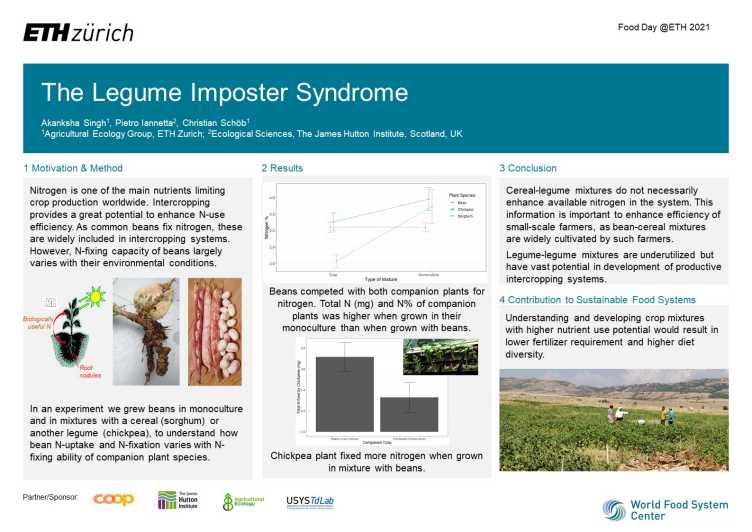DiverBeans
Sustainable intensification through agroecosystem diversification: optimizing organic bean production in North Macedonia
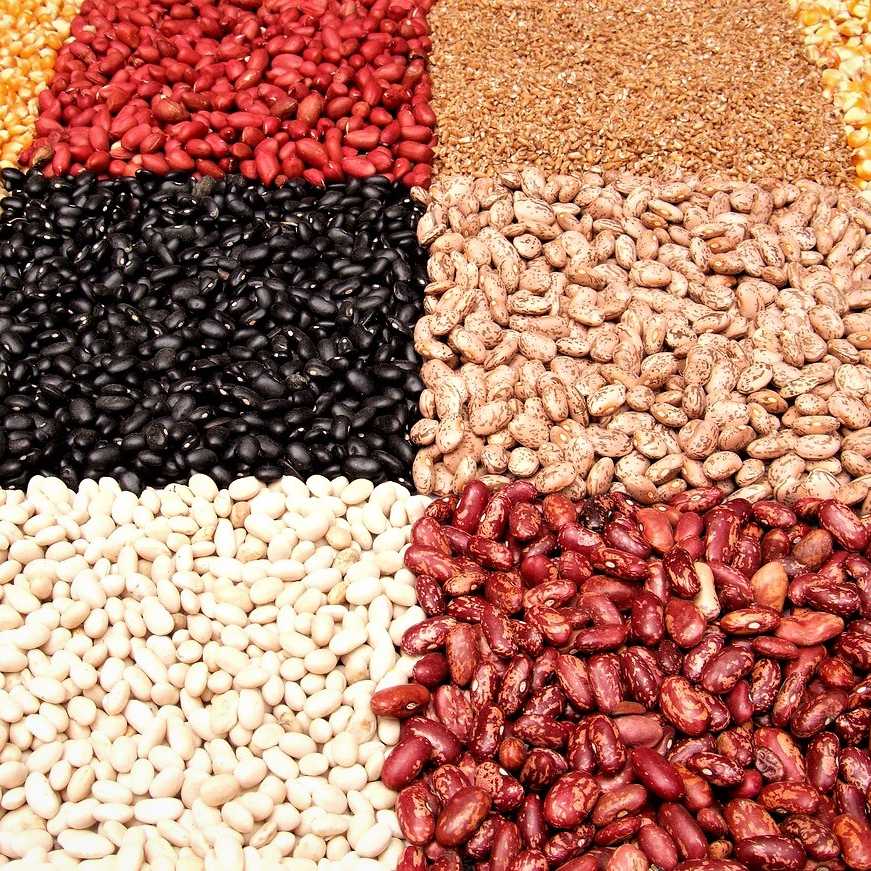
Project Start: 2019
Principal Investigator: Prof. Christian Schöb, Agricultural Ecology
Co-Investigators: Dr. Pius Krütli, ETH Zurich, TdLab; Dr. Pete Iannetta, The James Hutton Institute
Contact: Prof. Christian Schöb
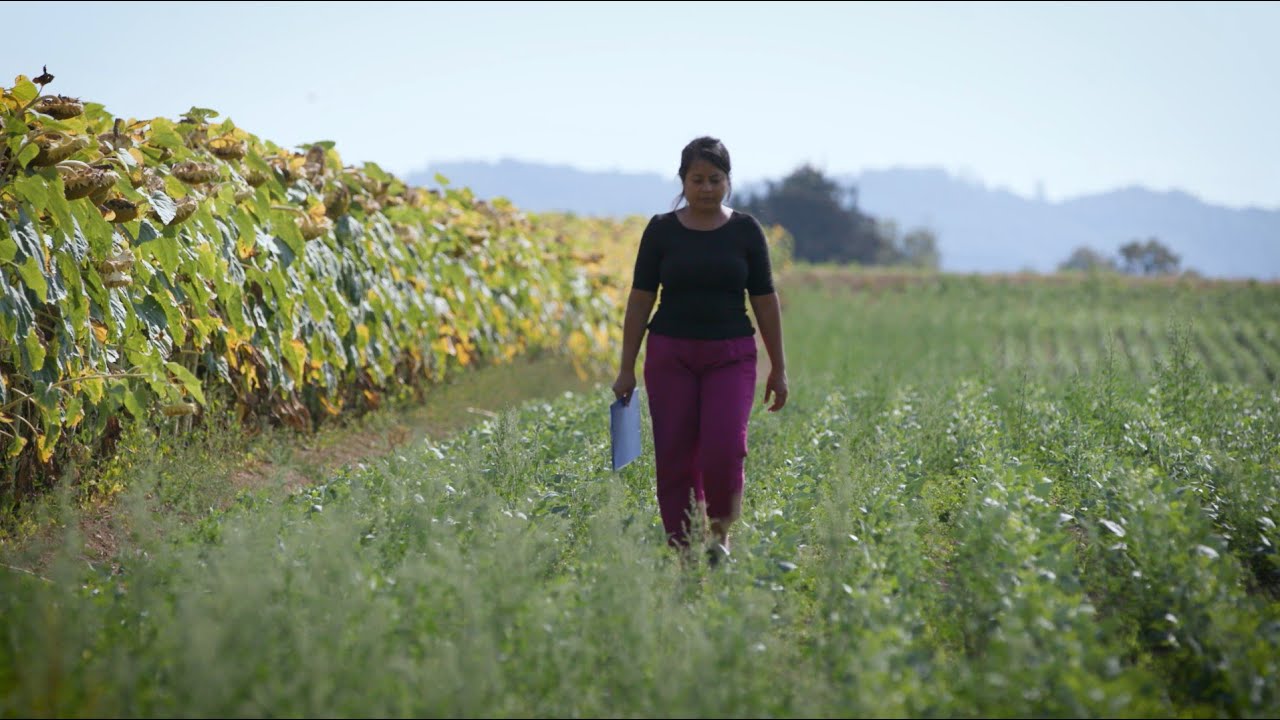
Agroecosystem diversification is frequently named as one of the most promising methods for sustainable intensification of agricultural food production. The project aims at sustainable intensification through agroecosystem diversification using Phaseolus bean production in North Macedonia as a model.
Agroecosystem diversification is frequently named as one of the most promising methods for sustainable intensi-fication of agricultural food production. Legumes are a key element of diversification. Legume-nonlegume mix-tures (or ‘intercrops’) can benefit from reduced competition through complementary resource use and facilita-tive interactions if legumes make atmospherically fixed nitrogen available to the other species. Among legumes, common bean (Phaseolus sp.) are particularly interesting as their grains are accepted for human consumption throughout the world, present a high nutritious premium commodity and they are usually not used for animal feed. Here we propose an investigation that aims to optimize crops yield and quality, and the socio-economy of the farmer, through inclusion of food-legumes, and specifically through Phaseolus cultivar mixtures, species mixtures or multiple cropping (i.e. successive cropping of different species). We apply a transdisciplinary ap-proach from the outset, initiated by a stakeholder workshop (WP1) to identify tacit knowledge of the stakeholder community on Phaseolus production in Macedonia. We then conduct two greenhouse experiments testing the potential diversification measures for increased productivity (WP2): In a first experiment we screen for potential Phaseolus cultivars and companion crops for relative growth performance in mixtures. In a second experiment, we assess the synergy of specific cultivar and species mixtures. After consultation with the stakeholder commu-nity, the most promising Phaseolus-based mixtures are tested in a participatory farmer trial assessing the impact of multiple cropping and irrigation on crop yield and gross-margins (WP3). The outcome of the study will be communicated to the local and wider stakeholder community through a demonstration event at the field trial, as well as leaflets and publication of practice abstracts and technical briefing notes (WP4).
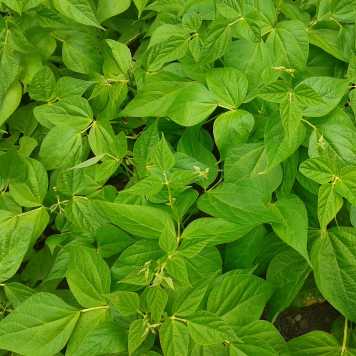
Publication in Frontiers in Plant Science (2022)
external pageEffect of Drought on Bean Yield Is Mediated by Intraspecific Variation in Crop Mixturescall_made by Singh, A. et al.
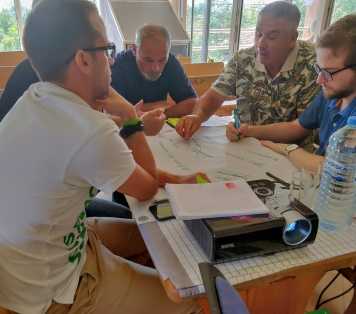
Summary of DiverBeans Workshop in North Macedonia, 2021
In January 2021 the second workshop of the DiverBeans project was held in North Mazedonia. A summary of the whole workshop can be found Downloadhere (PDF, 296 KB)vertical_align_bottom.
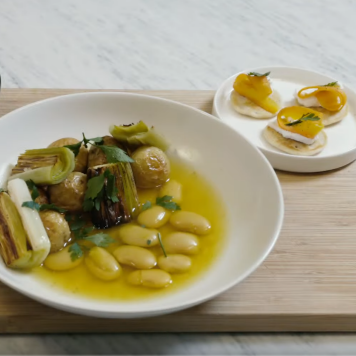
Research Input by Akanksha Singh at WFSC online event ‘Changing the food system, one meal at a time’ 2020
Akanksha shared insights from her research on intercropping and extolled the many benefits of legumes like beans for both soil quality and nutrition. More in WFSC News
Poster Presentation at the World Food System Center Research Symposium 2019
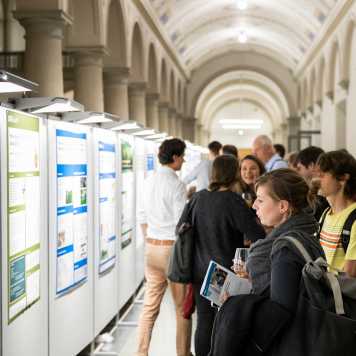
DownloadThe DiverBeans Story: Developing organic crop diversification measures to optimize bean production in North Macedonia (PDF, 1.3 MB)vertical_align_bottom by A. Singh et al.

